Acne is a common skin condition that affects millions of people worldwide, ranging from mild breakouts to severe cystic lesions. While it can appear at any age, it is especially prevalent among teenagers and young adults. Managing acne effectively requires a combination of proper skincare, lifestyle adjustments, and sometimes medical intervention. Below are some top dermatologist-recommended tips that can help keep acne under control and promote clearer, healthier skin.
Understand Your Skin Type and Acne Triggers
The first step in tackling Acne Treatment in Dubai (علاج حب الشباب في دبي) is understanding your unique skin type and what triggers your breakouts. Acne can be caused by excess oil production, clogged pores, bacteria, inflammation, or hormonal fluctuations. Some people may have oily skin prone to blackheads and whiteheads, while others may suffer from inflammatory acne. Identifying factors such as diet, stress, cosmetics, or environmental exposure that aggravate your acne can help you avoid them and customize your skincare routine accordingly.
Cleanse Your Skin Gently but Effectively
Proper cleansing is crucial for acne management, but over-washing or harsh scrubbing can worsen the condition. Dermatologists recommend using a mild, non-comedogenic cleanser twice daily to remove dirt, excess oil, and makeup without stripping your skin’s natural moisture barrier. Avoid abrasive scrubs or rough washcloths, as they can irritate the skin and increase inflammation. Lukewarm water is best, as hot water can dry out and irritate acne-prone skin.
Incorporate Acne-Fighting Ingredients
Selecting skincare products with proven acne-fighting ingredients can significantly improve your skin’s condition. Key ingredients dermatologists often recommend include:
Benzoyl Peroxide: An antibacterial agent that kills acne-causing bacteria and reduces inflammation.
Salicylic Acid: A beta-hydroxy acid that helps exfoliate dead skin cells and unclog pores.
Retinoids: Vitamin A derivatives that speed up cell turnover and prevent pore blockages.
Alpha Hydroxy Acids (AHAs): Such as glycolic acid, which exfoliates the surface layer of skin for a smoother texture.
When introducing these ingredients, start slowly to allow your skin to adjust and minimize irritation.
Maintain a Consistent Skincare Routine
Consistency is key when treating acne. Results often take several weeks or even months to appear, so it’s important to stick to your skincare regimen without skipping steps. Cleanse, treat, moisturize, and protect your skin every day. Incorporate a lightweight, non-comedogenic moisturizer to keep your skin hydrated and prevent dryness caused by acne treatments. Additionally, sunscreen use is essential, as many acne medications increase skin sensitivity to the sun.
Natural Remedies and Their Role in Acne Treatment
Many people turn to natural remedies to complement their Acne Treatment in Dubai (علاج حب الشباب) or seek gentler alternatives. Ingredients like aloe vera, honey, green tea extract, and chamomile are known for their soothing and anti-inflammatory properties. These natural agents can calm irritated skin and reduce redness, making them useful alongside conventional treatments. Additionally, applying diluted tea tree oil has shown antimicrobial effects against acne-causing bacteria. However, it’s important to use these remedies cautiously to avoid allergic reactions or skin irritation. Natural treatments tend to work best when combined with a well-rounded acne care plan rather than as standalone solutions.
Avoid Picking or Squeezing Pimples
One of the most common mistakes people make when dealing with acne is picking, popping, or squeezing pimples. This habit can worsen inflammation, cause scarring, and spread bacteria to other areas of the skin. Dermatologists strongly advise against manipulating acne lesions. Instead, treat breakouts with topical treatments and allow the skin to heal naturally.
Adopt Healthy Lifestyle Habits
Acne is influenced not only by external skincare but also by lifestyle factors. Eating a balanced diet rich in fruits, vegetables, and whole grains can support overall skin health. Some studies suggest reducing high-glycemic foods like sugary snacks and refined carbohydrates may improve acne symptoms. Staying hydrated and getting enough sleep also play a role in skin repair and immune function. Managing stress through relaxation techniques such as meditation, yoga, or exercise can further reduce acne flare-ups.
Seek Professional Advice for Persistent Acne
Persistent acne that doesn’t respond to standard over-the-counter treatments may involve underlying causes such as hormonal imbalances or severe inflammation. Consulting a skincare professional helps identify the root cause and provides access to stronger, targeted therapies. Treatments like prescription-strength retinoids or antibiotics can reduce bacteria and inflammation more effectively than regular products. Additionally, hormonal therapies such as birth control pills or anti-androgens may be recommended for individuals whose acne is driven by hormone fluctuations. Some advanced options include light and laser therapy, which target bacteria and reduce oil production without harsh side effects. Early intervention not only helps clear the skin faster but also minimizes the risk of permanent scarring.
Conclusion:
Dealing with acne can be frustrating, but following these dermatologist-recommended tips can make a significant difference in your skin’s appearance and health. Understanding your skin type, using gentle cleansing methods, incorporating effective acne-fighting ingredients, maintaining a consistent routine, avoiding pimple-popping, and adopting a healthy lifestyle are foundational steps. For stubborn or severe cases, professional guidance is invaluable to customize treatment and achieve the best outcomes. Remember, acne treatment takes time—results rarely happen overnight, so patience and persistence are key to achieving clearer, healthier skin.

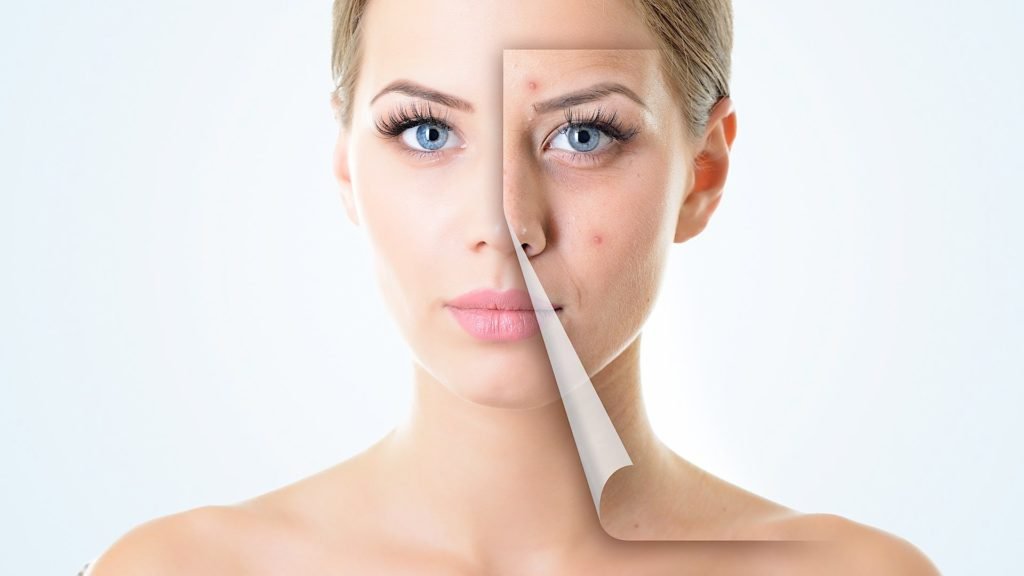
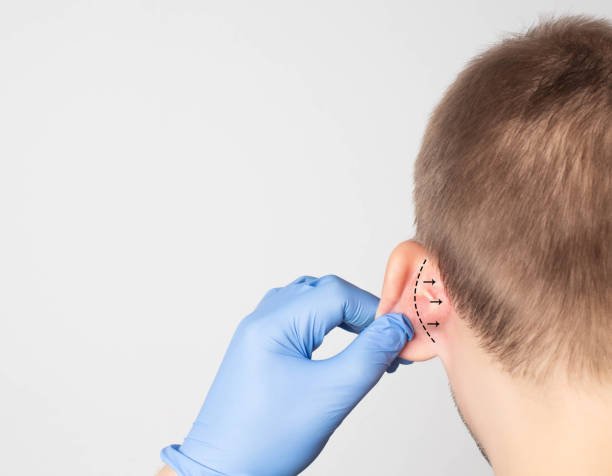

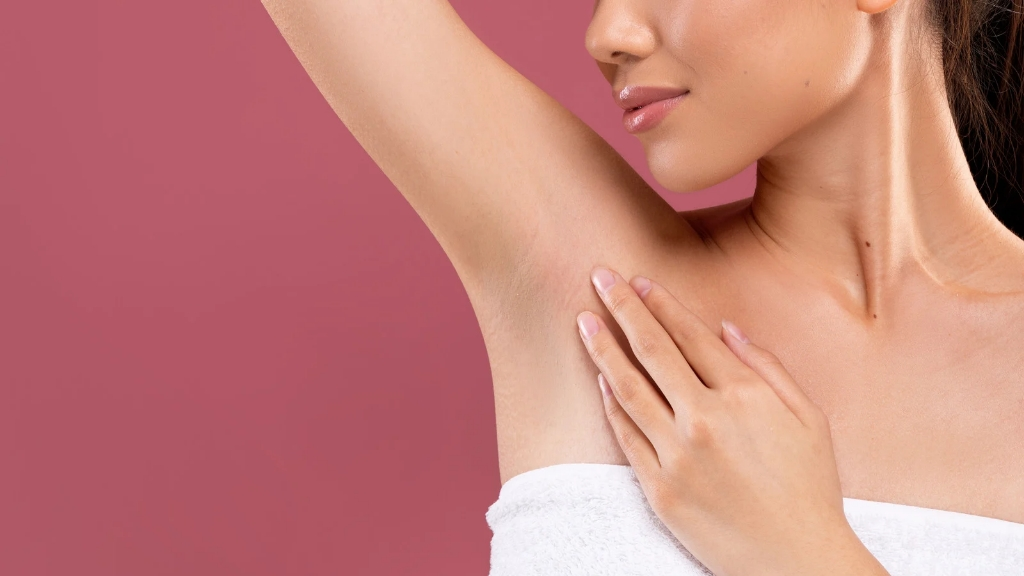
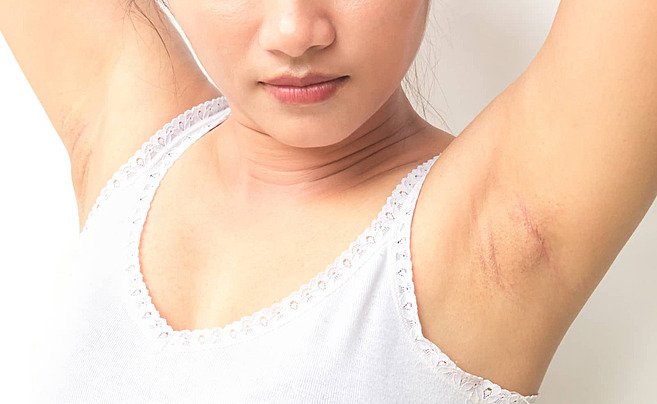
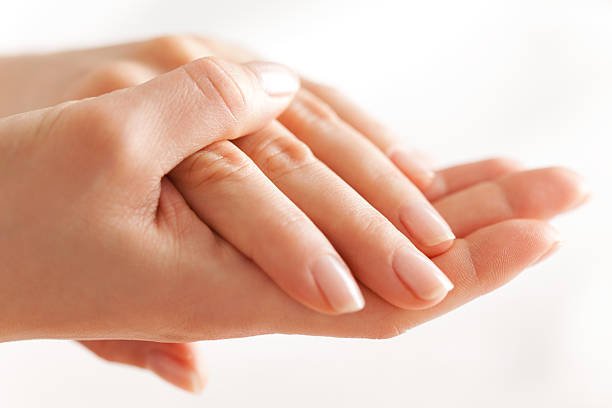
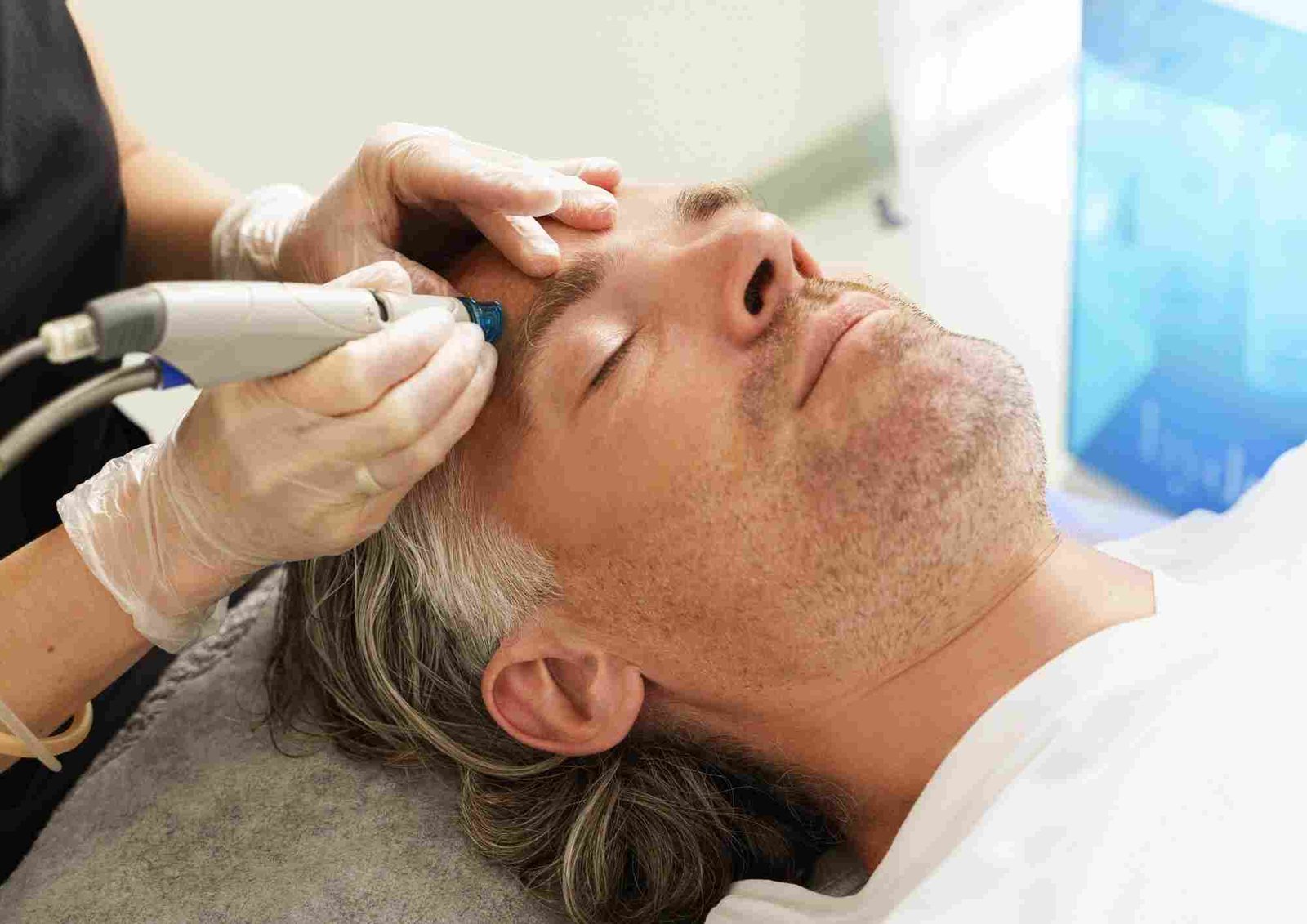
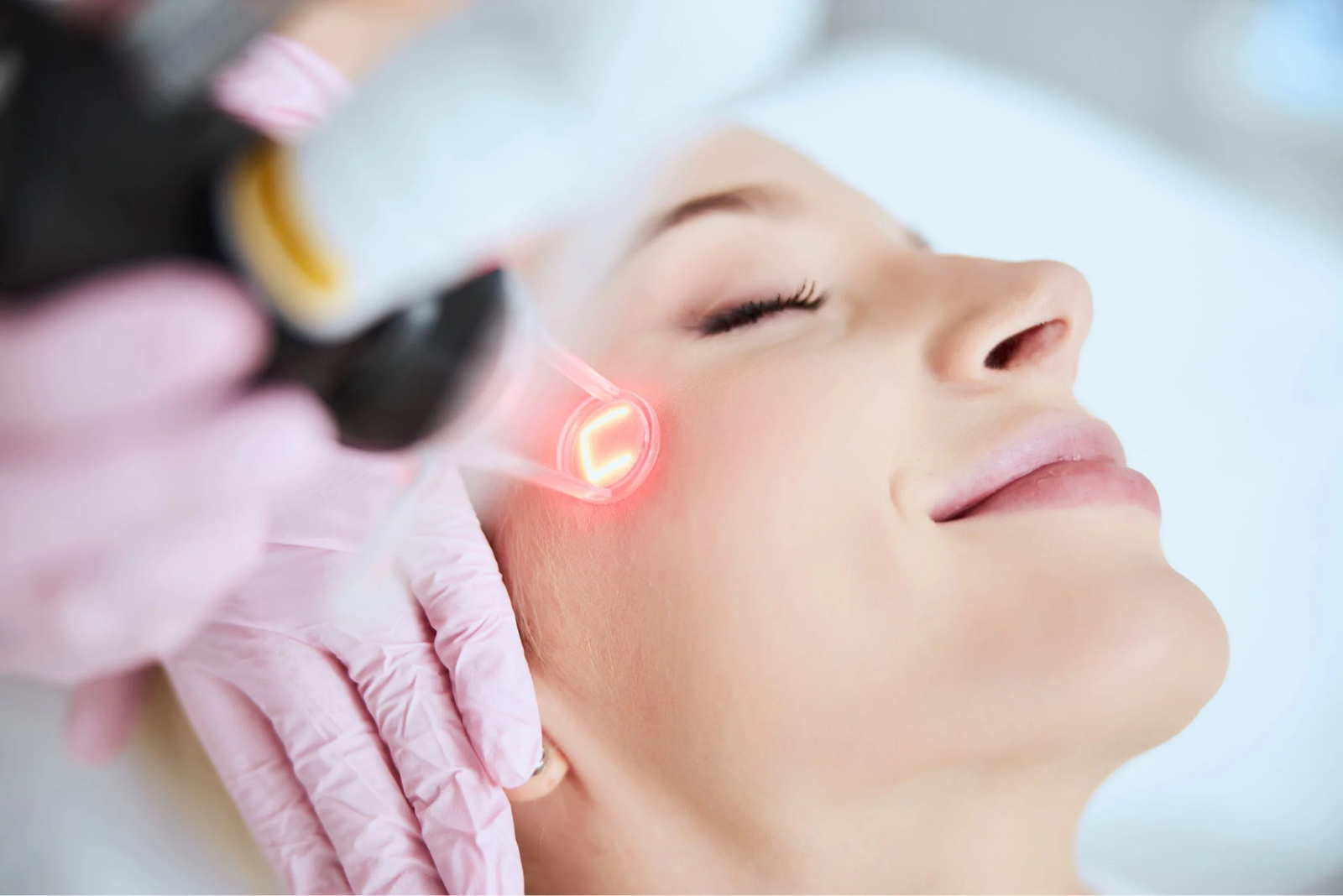
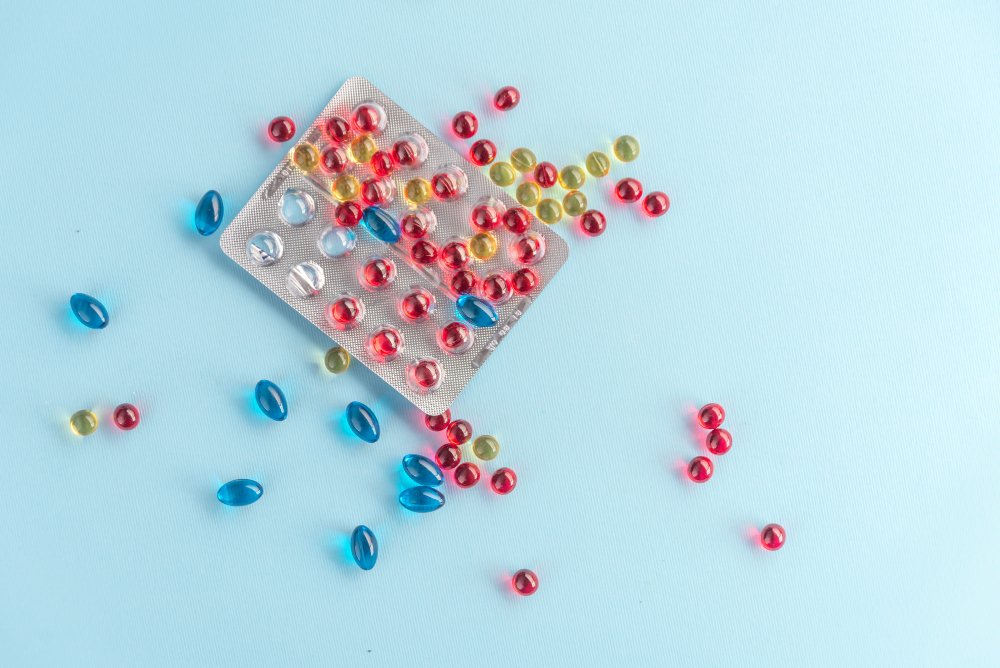
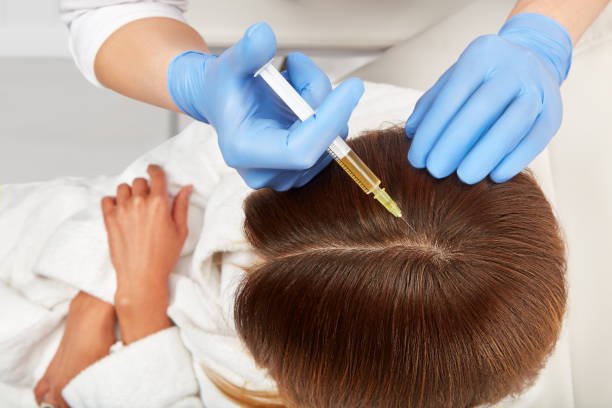
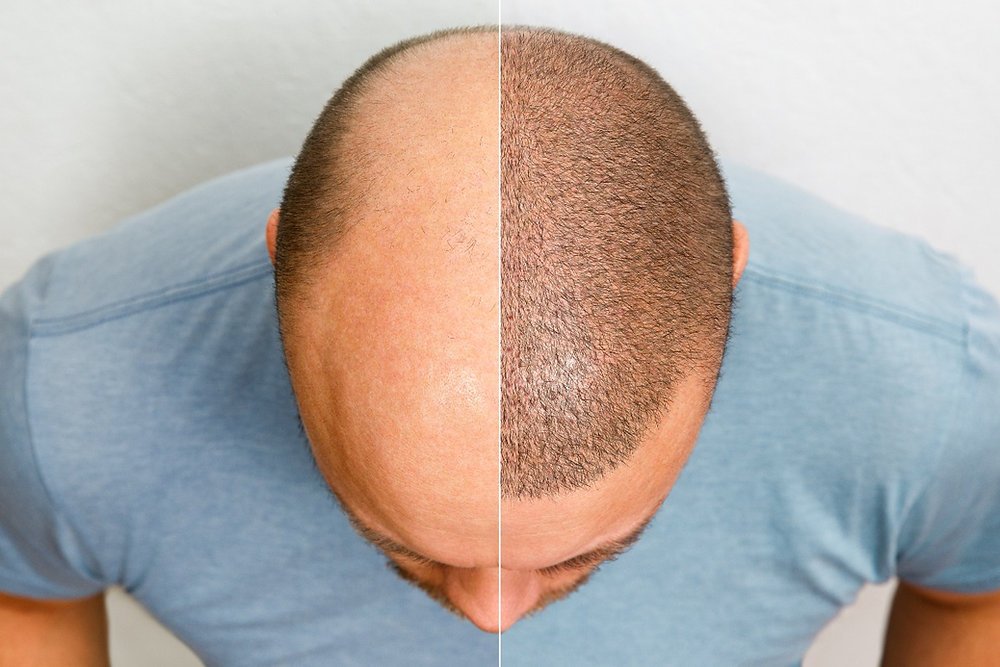




Leave a Reply